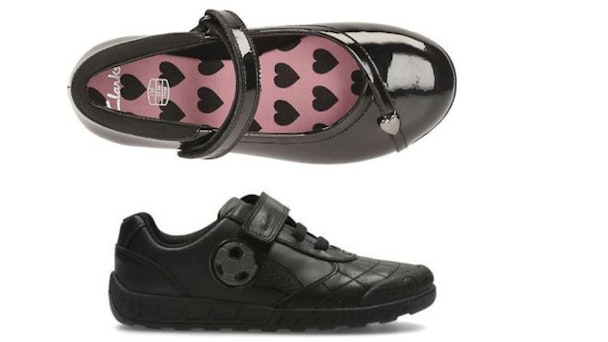Clarks, John Lewis and the problem of gender stereotyping in advertising
In July, the ASA published the Depictions, Perceptions and Harm report, which contained evidence that harmful stereotypes can restrict the choices, aspirations and opportunities of children, young people and adults. Then this week, John Lewis announced that it had removed gender specific labels from its children’s clothing in a bid to eradicate gender stereotypes. But the brave move has received mixed reviews, including some very substantial criticism.

It seems no one can win and perhaps it isn’t as straightforward as requiring practitioners to eliminate stereotyping from marketing and advertising.
It was only last month that Clarks became embroiled in a sexism row with the launch of ‘Dolly Babes’ shoes for girls and ‘Leaders’ for boys – a mistake so obvious, yet missed completely by all involved. I was genuinely saddened and surprised to see Clarks guilty of such casual sexism. A trusted household name that literally helps our future generations put their first and best foot forward into the world should know better. If we don’t break these stereotypes from a young age, how can we expect change?
Clarks’ move to promote by ‘story’ rather than ‘gender’ is a start to rehabilitating its brand reputation. But it needs to do more. The ASA guidelines, which require brands to adhere to new standards on advertising which features stereotypical gender roles or characteristics, will kick-start a change in marketing. However, it is not the solution in and of itself.
Gender inequality in the workplace is a huge factor too. The gender pay gap and lack of women at the highest level in marketing and advertising is still an issue. If we treat women less favourably in a work setting because of their gender, then it is logical that the products and ads they create may well portray them less favourably too.
Getting the balance right can lead to a better portrayal of people in advertisements. Sport England’s This Girl Can campaign, created by a gender balanced client agency team, has been rightly celebrated for its portrayal of women. However, there is a balanced team of marketers at Clarks who could have picked up on the issue, so it isn’t as simple as saying hire more women and pay them the same.
Employers have an important role in challenging stereotypes. Tackling the psychological stereotypes such as women’s lack of commercial acumen and men’s lack of EQ is just as important as removing the structural barriers by supporting flexible working and shared parental leave.
Inequalities in the workplace can be tracked back to stereotypes about expected behaviours and attitudes learned by children at primary school. In the Closing Doors report published by the Institute of Physics, one teacher demonstrated the issue by saying “maybe girls don’t like physics”. This comment totally misses the point.
While there are many inherent differences between boys and girls that should be recognised and nurtured, we need to challenge these gender stereotypes and ensure expectations and aspirations are not set or limited by ideas about what boys and girls can and cannot do or do and do not like. This will ensure that boys and girls have the same opportunities and are inspired to succeed.
2018 will be a big year for gender equality historically, internationally and across industry. It is the 100th anniversary of women’s suffrage, gender pay gap reporting for big business begins and International Women’s Day on 8 March will focus on the portrayal of women in the media and the importance of education and career opportunities. It is also the Year of Engineering, an initiative to change the rhetoric and get more young girls interested in engineering, one of the biggest industry sectors in the UK.
Let's seize the moment and change attitudes and behaviours towards sexism across society. Let’s make 2018 the year that we accelerate the pace of change and stamp out the inter-related issues of gender inequality in business and stereotyping in our work.
Jane Asscher is the chief executive and founding partner at 23red
